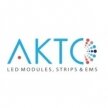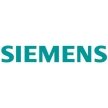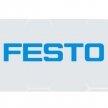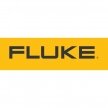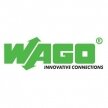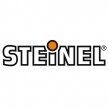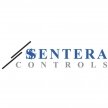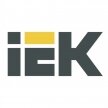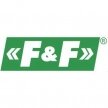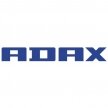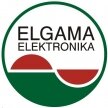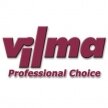-
Product Catalog
- Security and Surveillance Systems
- Automatic Circuit Breakers for Direct Current (DC) Circuits with Integrated Overload, Short-Circuit, and Voltage Stabilization Protection Functions
- Lighting with the help of electrical energy
-
Automation and Control Systems
- Automation control accessories
- Control components for automation and control systems
- Passive lifting | unloading | transporting magnets
- Signal converters | controllers for automation control | for control systems
- Touchscreens | panels for automation control | control systems
- Power Contactors | Control Circuit Intermediate Relays
- Optical sensors | detectors for automation devices
- Automation control | Data transmission | Low current
- Sealing profiles | rubber | gaskets | strips
- Inflatable Liquid Storage Tanks | Reservoirs | Bladders
- Inflatable rubber plugs for sealing high-pressure plumbing pipes
- Electrical distribution and installation
- Solar Energy Generation and Management Equipment
- HVAC control solutions for heating and ventilation.
- Special products and accessories
- Other products
- Safety tools
- Quality used products
Power supplies | for electrical energy supply | stabilization
-
Power supplies are devices designed to provide energy to various electrical systems and devices, ensuring a constant voltage and current. They convert high or alternating voltage (AC) into low direct current (DC), which is necessary for many electronic devices and industrial systems. Power supplies are used in all areas, from electronics equipment to industrial machines that require stable and secure power delivery.
-
Read more
Power supplies are widely used in residential, commercial, and industrial systems. They ensure that devices receive the proper energy and operate at optimal performance. Power supplies can come in different types, depending on their purpose and location of use.
Application: In industry: Power supplies are used in production lines, industrial equipment, robotics, CNC machines, automated systems, where a stable and reliable energy supply is required.
In commercial systems: They are used in offices, retail spaces, restaurants, hotels, to supply power for lighting, heating, ventilation systems, computers, and other electronic systems.
In residential spaces: Power supplies are essential in homes, both for providing energy to electronics and ensuring smooth operation of electrical devices.
In transport: They are used in cars, ships, and other vehicles, where a stable and reliable power supply is needed.
Pros:
Energy efficiency: Especially switching power supplies are highly efficient with low energy losses.
Durability: Most power supplies, especially transformer-based and switching, are very durable and can last for many years when properly maintained.
Compact size: Switching and linear power supplies are compact, making them easy to integrate into various systems.
Wide application: Power supplies are versatile and can be used in a variety of industries, from electronics to industrial machinery.
Cons:
Price: High-quality power supplies, especially switching and transformer-based, can be more expensive compared to simple linear supplies.
Heat dissipation: Some power supplies, especially transformers, can generate a lot of heat and may require additional cooling systems.
Energy loss: Some types, such as linear power supplies, have higher energy losses and are not as efficient as switching supplies.
Noise and interference: Switching power supplies can cause electromagnetic interference, requiring additional protections and filtering systems.
Power supplies are essential devices ensuring reliable and stable energy supply for various devices and systems. They provide power from low-power electronics to high-power industrial equipment. Different power supplies have their advantages and disadvantages, but all aim to ensure efficient and safe energy delivery. When choosing the right power supply, it is important to consider the energy needs of the devices, operating environment, and efficiency of the equipment.
No items found.
US IN SOCIAL NETWORKS

